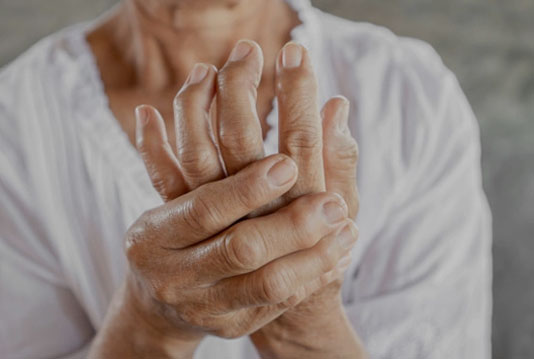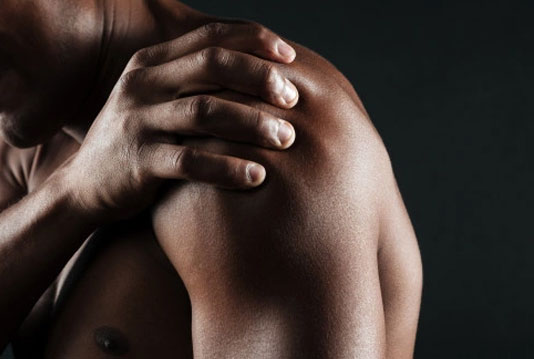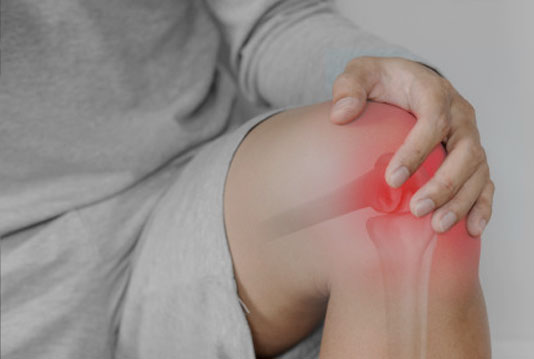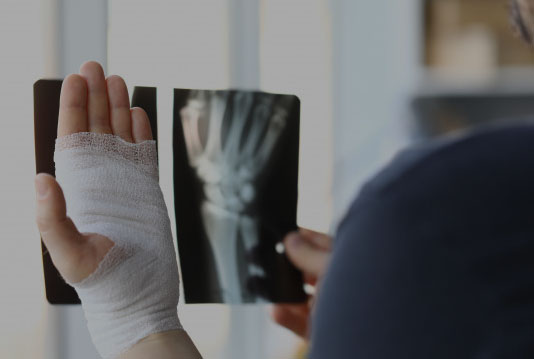Knee Injuries
Knee Injuries
Knee problems affect people of all ages. These can be due to sudden injury or simple overuse and repetitive activity. Arthritis can be another common cause of knee pain and dysfunction.
Sports involving contact, running, jumping, and quick turns can make you more prone to knee injuries. Young patients are more prone to instability including tears of the ACL or other ligaments, but also dislocating kneecap. As patients age into their 50’s and 60’s, it is common to develop symptoms related to arthritis. Meniscus tears are common at almost any age.
Our fellowship-trained surgeons and mid-level providers offer comprehensive detailed evaluations and a wide variety of treatment strategies. As board-certified, fellowship-trained specialists who actively participate in national and international academic sports medicine and knee societies, we offer the highest levels of evidence-based medicine and state-of-the-art techniques to optimize your care.
Anatomy of the Knee Joint
The knee is one of the largest joints in the body, formed by the lower end of the femur, upper end of the tibia and the patella (kneecap). Several ligaments help hold the knee stable including the ACL, PCL, LCL, and MCL. The Quadriceps and Hamstring muscle groups attach to the bones of the knee joint and help to move it. The bony surfaces of the joint are covered in articular cartilage to provide smooth motion with minimal friction. Special cartilaginous tissues known as menisci fit between the femur and tibia. These act as a cushion between the articular surfaces and absorb the shock during movement.
Knee Evaluation
A hands-on evaluation of your knee will help assist in determining the cause of your knee problems. Appropriate evaluation typically includes:
- A history of your injury or pain
- Focused physical examination
- X-rays when needed
- Appropriate advanced imaging studies, (e.g. MRI or CT scan) if necessary
- Selective injections can be used to determine where your pain originates
Treatment
The causes of your knee injury or condition, as well as your level of activity, will lead your doctor to develop a personalized treatment plan with you. In most cases, non-surgical treatment methods are preferred. But in certain cases, you may have poor outcomes if surgical intervention is delayed. Helping you through this decision-making process is one of the most important parts of our jobs as surgeons.
We direct treatment alternatives based on your problem. Conservative options range from methods activity modification to physical therapy, regenerative medicine techniques, and injections. Surgical interventions are also considered, including advanced arthroscopic techniques.
Arthroscopic and Minimally Invasive Surgery
Our orthopedic specialists are trained in the most up-to-date, minimally invasive techniques. We have the training and skills needed to repair nearly any knee problem with arthroscopic methods. In fact, minimally invasive arthroscopic techniques are our standard practice for nearly every knee surgery besides fracture care or replacements.
Arthroscopic repair can be performed for all of the following conditions and more:
- ACL Reconstruction
- Meniscus Tears
- Damaged Cartilage
Knee Replacement
Knee replacement has come a long way. The surgical techniques are better leading to much lower risks and shorter stays in the hospital. In fact, most of our patients go home the same day or spend just one night in the hospital. The materials last longer, with the most advanced replacements wearing 95% slower than previous implants.
Services Provided
OxfordTM Unicompartmental Knee Replacement
Arthritis Care
Meniscus Repair
Knee Replacement
Cartilage Restoration
ACL Reconstruction
Dislocating Patella










